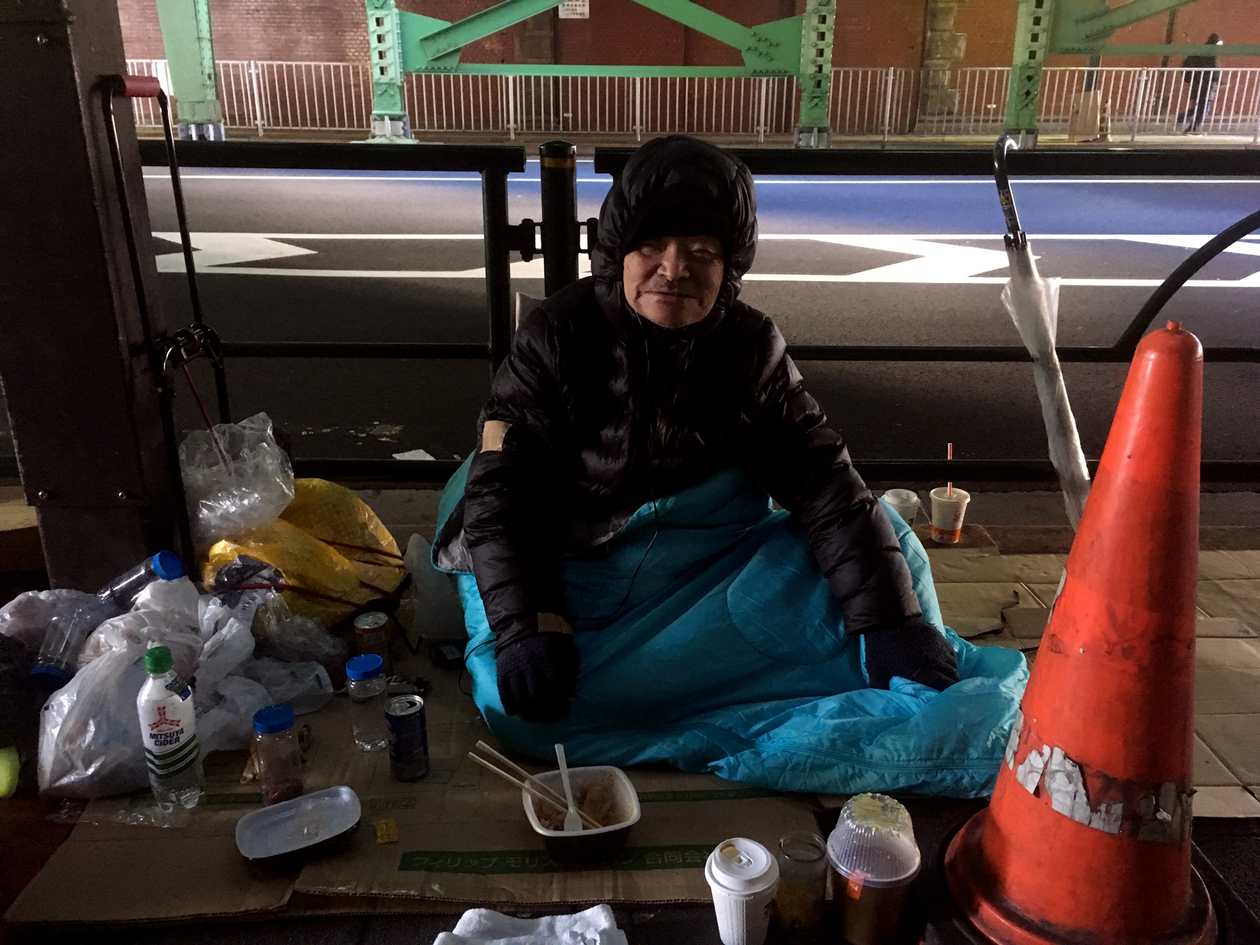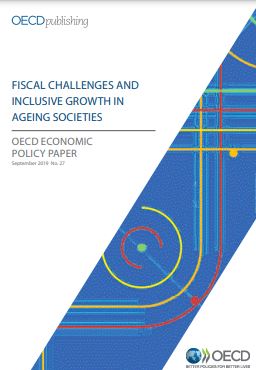Homeless Population Aging in Japan
The proportion of homeless people aged 70 or over in the total homeless population in Japan surged to 34.4 pct in 2021 from 19.7 pct in 2016, a welfare ministry survey has found. The survey on people without housing, held about every five years, also showed that the average age of homeless people rose by 2.1 years to 63.6 years. In the survey, conducted in November 2021, homeless people in Tokyo's 23 special wards, ordinance-designated major cities and other cities were...










